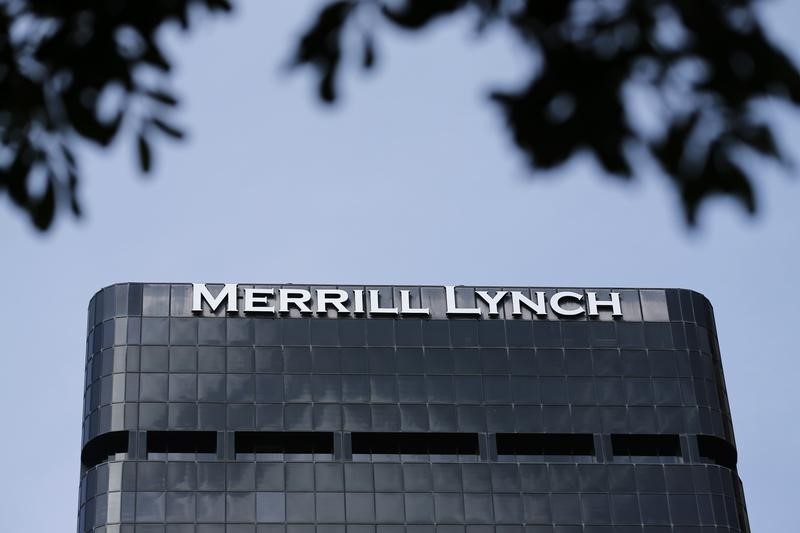(Bloomberg) -- Bank of America Corp.'s (NYSE:BAC) Merrill Lynch unit was among lenders getting a share of the profit of clients’ so-called Cum-Ex trades, and tried to hide payments linked to the controversial tax-driven practice by masking them as unrelated futures, a former trader said in a German court.
Like other investment banks acting as prime brokers for Cum-Ex investors, Merrill Lynch charged the “industry standard” of 4% of the money generated through the double tax refunds, the ex-trader said Wednesday. The man, referred to as Darren T. because he can’t be identified under local law, appeared as a witness at a Bonn court in the case against two former bankers charged over the trades.
While always collecting “precisely 4%,” the banks didn’t bill the amount as a share of the profit but hid the money as service fees, such as charges for custody, clearing and leverage, he said. Merrill Lynch didn’t even want to charge regular fees, instead having customers pay it via an unrelated futures contract, Darren T. said.
“I think this way Merrill Lynch was not only hiding and veiling this to the outside world but probably internal groups were hiding it from each other,” the former trader said.
The testimony is part of the first criminal trial over Cum-Ex in Germany, where the scandal -- orchestrated mainly by London investment bankers -- is the biggest tax heist in the country’s history. The 45-year-old is the initial witness in the trial against former bankers Martin Shields and Nicholas Diable. They are charged with helping to orchestrate deals causing more than 400 million euros ($437 million) in lost taxes.
Bill Halldin, a spokesman for Bank of America, declined to comment. Macquarie spokesman Stephen Moir didn’t immediately respond to requests for comment.
Darren T. worked on Cum-Ex deals at Macquarie Bank from 2005 until 2009, when he joined Zeta Financial Partners. Among other roles in the Cum-Ex deals, Macquarie acted as a prime broker for which it also charged the 4%, he said. ZFP was a company set up by former Macquarie bankers and traded heavily in Cum-Ex. Merrill Lynch was its prime broker, according to Darren T.
